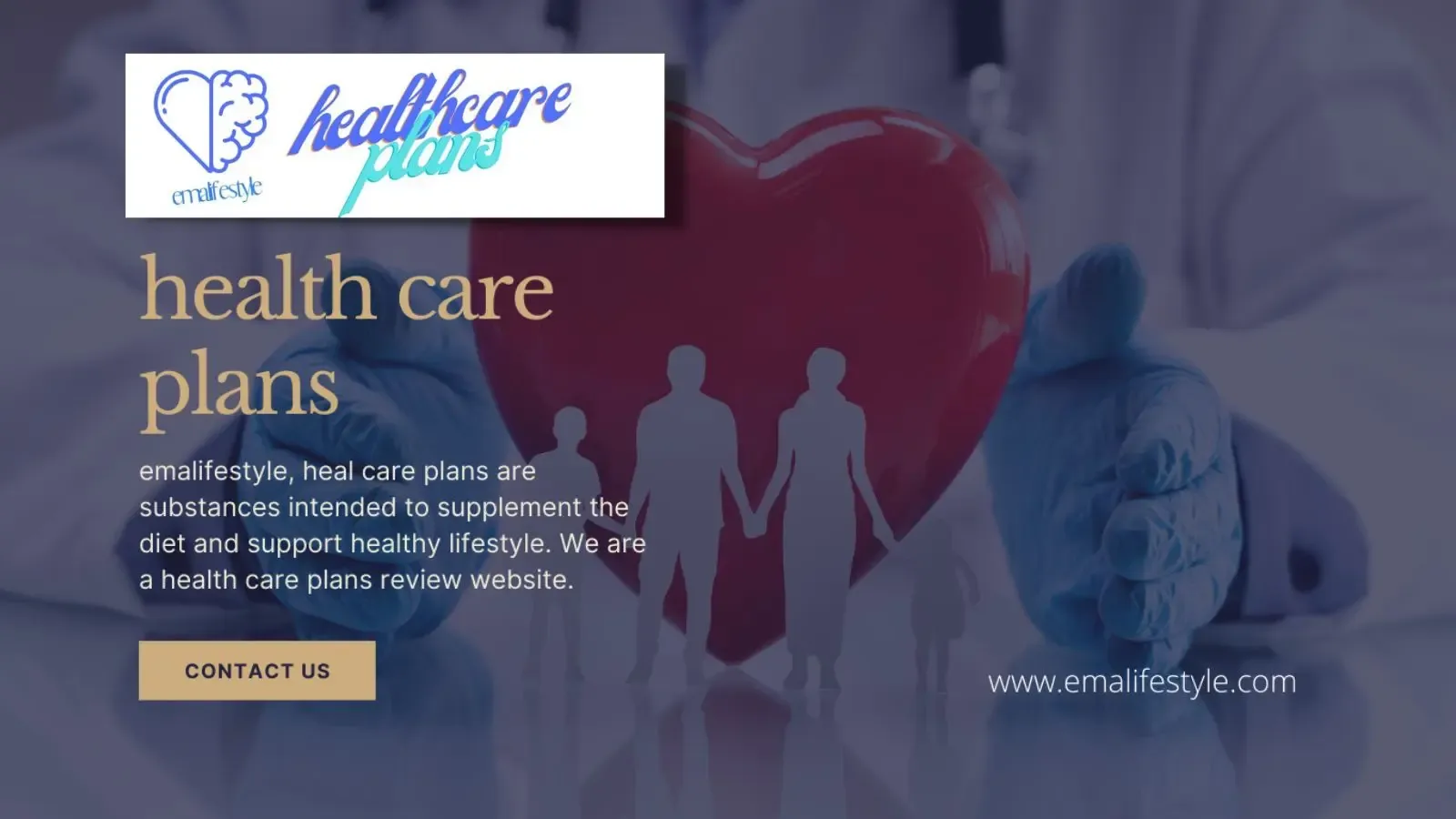coffee drink How many cups should be drinking to avoid negative effects?
How many cups of coffee can you drink without becoming sick in a day? ...to prevent the negative effects of caffeine!
While coffee has some health advantages, excessive use might increase your risk of cardiovascular disease.
In the morning, a cup of coffee could be just what you need to get going.
A second cup will help you get out the door, and if you're very fatigued, a third (OK, even a fourth) will be necessary.
However, according to a new study published in The American Journal of Clinical NutritionTrusted Source, if you drink half a dozen glasses or more every day, you might be setting yourself up for major health problems.
According to Australian experts, consuming six or more coffees per day raises a person's risk of heart disease by up to 22%.
Nearly half of all individuals in the United States have some type of cardiovascular disease, which accounts for one out of every four fatalities each year.
In the correct doses, this potent drink is believed to offer several bodily advantages, but how much can you safely consume each day? Here's how to manage your coffee consumption to reap the maximum advantages while avoiding the negative side effects.
 |
| coffee drink |
How much coffee can you have on a daily basis?
Some people coffee drink as soon as they wake up, while others only drink it when they are feeling tired. There are also those who drink it once or twice a day. But how much coffee can you have on a daily basis?
The answer to this question is that the amount of coffee you can drink depends on your tolerance level and the way your body reacts to caffeine. The National Coffee Association recommends no more than 400 milligrams per day. Approximately four cups of coffee are consumed in this amount.
Caffeine is a natural stimulant found in coffee that has profound mental and physical effects.
According to a review of the safety of caffeine by the European Food Safety Authority (EFSA), moderate coffee consumption is usually defined as three to five cups per day.
While this may seem like a large amount of coffee to drink each day, it should be noted that this is generally considered safe if consumed as part of a healthy, balanced diet.
The controversy over whether coffee is healthy or harmful for you has raged for years, and according to a recent study, it looks to be a two-edged sword: while it can make you feel more alert and productive, it also appears to be a double-edged sword,' said Simone Laubscher, registered dietitian, and formulator of the WelleCo range of nutritional supplements. Some people experience hyperactivity, anxiety, and difficulty concentrating as a result of the stimulation. Coffee has several health advantages when included in a well-balanced diet and lifestyle, but too much of it, like Red wine, may lead to bad health and addiction."
While there are many reasons to incorporate coffee into your daily routine, Dr. Laubscher cautioned that in order to enjoy this beverage safely, you must "keep your balance correct."
What are the health concerns of drinking coffee?
But, before you start boiling a carafe every morning for these reasons alone, keep in mind that coffee is a large source of caffeine in the American diet, which can lead to a variety of unforeseen consequences.
"Coffee can cause insomnia, anxiety, stress, stomach disorders, nausea, and vomiting, as well as increase heart rate and respiratory rate," explains rissito. "Overindulging in coffee can cause headaches, anxiety, agitation, a racing heart, and ringing in the ears."
We now know that caffeine may promote high blood pressure, which is a precursor to cardiovascular illness, according to Prof Hyppönen and Dr. Zhou's work.
Caffeine isn't the only thing that may be detrimental to a person. Many coffee consumers add cream, sugar, or sweeteners, as well as flavoring chemicals, which add calories and fat, as well as a slew of other possible health hazards.
What is the safest way to coffee drink?
The European Food Safety Authority considers three to five cups of coffee a day to be a safe amount, but how you consume it can affect how effectively your body responds to it.
Dr. Laubscher said, "If they drink two liters of water, I recommend one cup of coffee each day.", "It's critical to use the correct amount of water while making coffee."
Caffeine can impair the absorption of important minerals like vitamin C, thus timing is important when drinking coffee.
As a result, it is usually best to drink coffee outside of meal times in order to keep it out of your system when taking supplements.
What are the benefits of drinking coffee?
When used in moderation, coffee can provide a number of health advantages.
According to coffee and health, some of the main benefits of coffee include:
- improve digestion
Coffee can assist promote digestion while also giving possible protection against some digestive illnesses, such as gallstones and pancreatitis, according to a 2022 review funded by the Institute for Scientific Information on Coffee (ISIC).
'Several studies show that athletes who consume caffeine before a race or sporting event can move forward faster, last longer, and recover more quickly than athletes who do not consume caffeine,' said Dr. JW Langer, a Danish physician, nutrition expert, and lecturer in medical pharmacology at the University of Copenhagen. An additional jolt This is especially true for long-distance running and other endurance sports."
- improve health
When compared to non-coffee drinkers, coffee drinkers were 25% less likely to die throughout the course of 16-year research in ten European nations.
'Coffee benefits heart health and unfiltered coffee, in particular, is a fantastic source of the antioxidants cafestol and alcohol, which are diterpene chemicals connected to cholesterol balancing effects,' according to Dr. Laubscher. Coffees antioxidants, which scavenge free radicals, are now being linked to cancer protection. It's also been linked to fat burning and appetite suppression for a long time."
how much caffeine in cup of coffee
- how much caffeine cup of coffee
- Americano-style brewed coffee, 12 oz: 154 mg.
- Espresso, 1.5 oz, 77 mg.
- Cappuccino, 12 oz, 154 mg.
- Latte, 16 oz, 120 mg.
People also search as:
starbucks drinks, Nitro Tapp, iced coffee, starbucks frappuccino, coffee drink, americano coffee, best starbucks drinks, starbucks holiday drinks, coffees, coffee shoppe, starbucks size, specialty coffee, coffee starbucks, types of coffees









